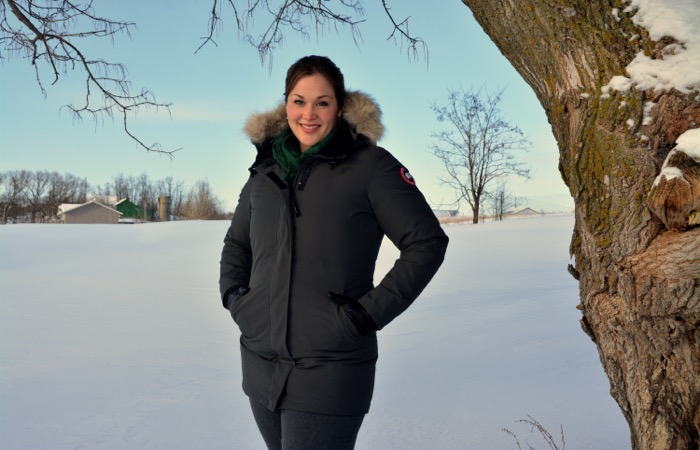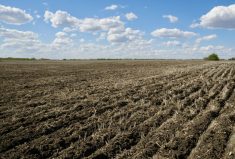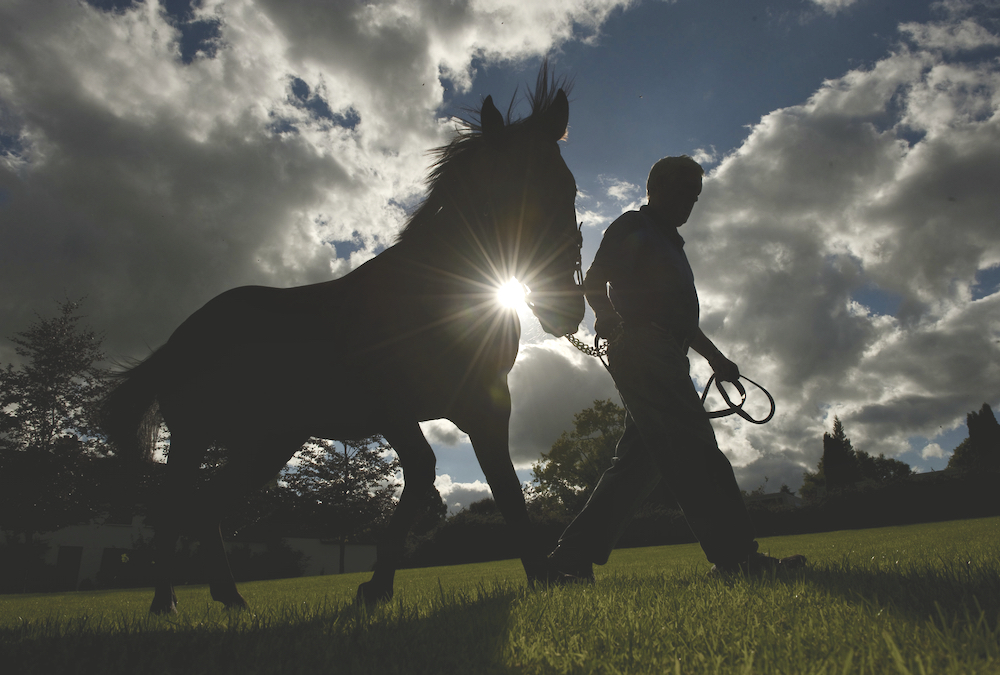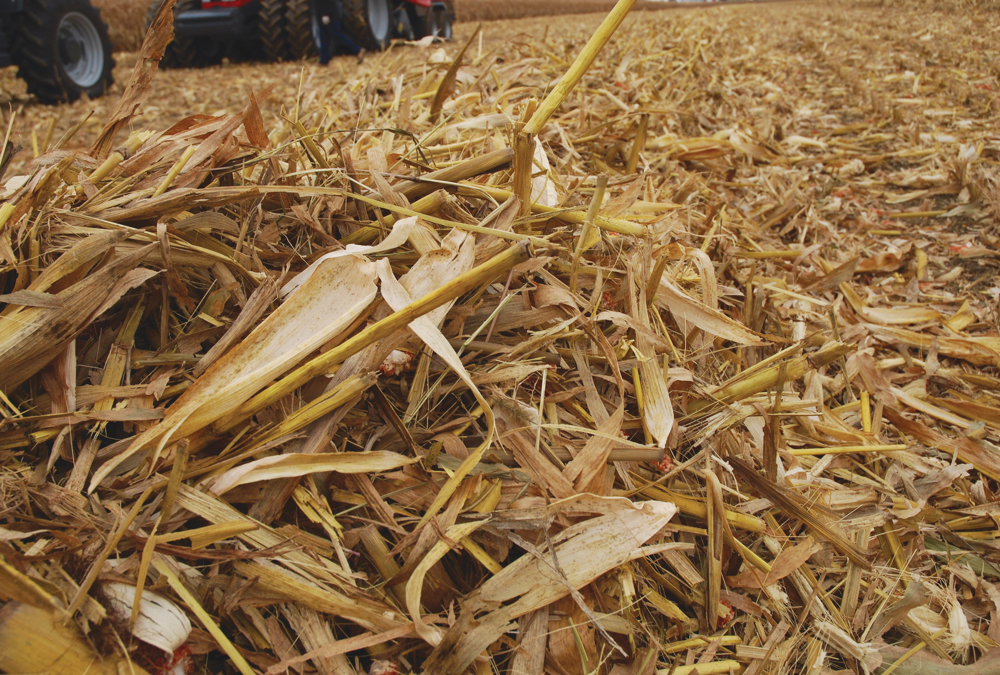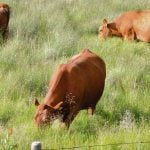Becky Parker’s passion for agriculture and its future shines through when she talks about her upcoming two-year research adventure as a Nuffield scholar. But Parker also knows that it’s going to take the best people doing the best work to keep our agriculture at the forefront.
In particular, she is focused on one crucial question. “Sustainability in terms of having a workforce is essential to everybody — whether you’re a primary producer, food processor or agribusiness — it’s something that challenges everybody,” Parker says.
Passion, curiosity and the ability to gather and share knowledge are what Nuffield scholars have brought to agriculture since the program was launched in 1947 by Lord Nuffield, also known as William Morris, who believed strongly in the benefits of travel and study.
Read Also

Building a farm legacy that outlasts you
A farm’s legacy isn’t just about the land; it’s also about the values and the impact that continue long after the current owner has stepped away.
Nuffield’s idea was to send qualified people out into the world to bring the best agricultural practices back home to improve the domestic industry in England.
And that’s exactly what Parker intends to do.
Since 1947, the Nuffield concept has spread across the world so it now has branches in the U.K., Ireland, France, Australia, New Zealand, Zimbabwe, the Netherlands and Canada. The Nuffield organization also has ties to the Eisenhower Fellowship in the U.S.
The Canadian program’s mission is to “foster agricultural leadership and personal development through international study.” Scholars are funded to help them do research on special topics over a two-year period, during which they spend at least 10 weeks travelling, six of them consecutively. At the end of the study term, they then present reports on their findings.
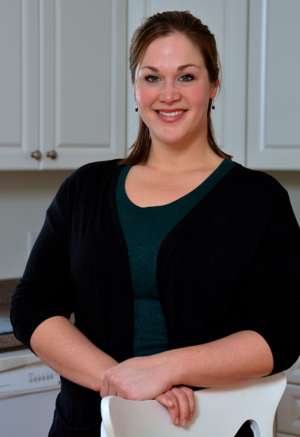
Parker comes by her passion for agriculture honestly. She is a born farm girl, and while she now lives in Prince Edward County where husband Hunter works at Huff Estates Winery, she was raised on a seventh-generation mixed livestock operation in Eden Mills, outside Guelph, Ont.
Her proposal, “Collaborative models of agriculture career education,” won her one of the three Canadian scholarships awarded last September, based partly on the idea that while others have worked to get post-secondary youth involved in agriculture, more effort is needed with upper primary and high school-aged kids.
Parker is also project and partnership manager at Ontario Agri-Food Education, and will use her scholarship to study how other countries are helping young students see agriculture as a sector with great career opportunities.
Parker will go beyond the formal educational systems, also looking at how industry groups and youth development organizations can contribute to attracting youth to agricultural careers.
“There are all these different players who can have a significant role in educating about agriculture careers,” Parker says. “How can we work together more efficiently so we are presenting the right messages to young people in the right medium, and we’re not duplicating each other’s work?”
That research and all the flying around and staying in far-off places will cost money, and the Canadian Nuffield Scholarship Association depends completely on membership fees and donations to finance its scholarships. Glacier FarmMedia, which publishes Country Guide among other farm periodicals including Grainews, Western Producer and Manitoba Co-operator, provided Parker’s $15,000 scholarship.
“Glacier has been very successful with our farm publications, and we look for ways to give back to the agricultural community,” says John Morriss, associate publisher and editorial director. “Nuffield has a high international profile, but there’s been a lot less support for participants in Canada compared to some other countries — we see this as an area where we can help.”
Also winning last fall’s scholarships were Greg Donald of Kensington, P.E.I., who will be studying the competitive strategies of other potato-producing regions as well as looking at other approaches to commodity organizations, and Colin Hudon from Rosser, Man., who will be doing research on innovative approaches to farmland ownership.
Parker was looking for professional development opportunities when she learned of Nuffield. Getting time off for travelling was not a problem since her study topic dovetails with the goals of the organization.
“Before I applied, I talked to my executive director Colleen Smith, and have received nothing but full support,” Parker says.
The whirlwind of travel is already underway with a flight to the Champagne region of France. Parker will attend the weeklong Contemporary Scholars Conference with other new Nuffield scholars from around the world. It kicks off everyone’s study period by providing participants with a forum for getting a broader view of agriculture, meeting a global network of farm and agricultural leaders, and developing the kind of leadership skills participants will need both on their travels and when they get back home.
From France, Parker flies to the U.K. where she will meet with farm and youth organizations in England and Scotland. Finally she’ll go on to New Zealand and Australia before flying home again in mid-April. She’ll travel more — probably in the U.S. and across Canada — in early 2016 before wrapping up her report and presenting her research later in the year.
Parker is also hoping local agriculture and commodity organizations will be receptive to her fundraising efforts to “help support me and allow me to visit more places and engage in more meetings with people while I’m away.”
Nuffield scholars are free to pursue their research however they wish. Besides determining all the angles of her topic and scheduling meetings with the right people, Parker is also mapping out where she’s going, figuring out how to get to her destinations, and where to stay once she arrives.
Having already completed a master’s degree in education, she understands the intricacies of organizing a big research project. She’s also received a lot of help with both her approach to the project and logistical planning.
Karen Daynard, a previous Nuffield scholar and a public relations business owner from Ontario, was generous with advice on both her area of study and the application process.
Daynard also referred Parker to Clayton Robins, a 2013 scholar from Manitoba who is the executive director of that province’s 4-H organization.
When the two of them met at the Nuffield annual general meeting last fall in Montreal, Robins was able to give Parker good contacts in England and Australia, and supported her including youth development groups in her research. At the same meeting, a participant from England offered her a place to stay.
Contacts made during the program can last for years, and members have access to a database of information on some 1,600 people who have gone through the scholarship program so far.
“It’s a vibrant network of people who can direct you to whom you should talk to and improve the depth of your research,” says Parker. “This way, you can make sure you’re not missing any angles because of your unfamiliarity with the country.”
In the coming months, Parker will be busy. Besides travelling, working on her research and keeping up her day job, she’ll be contributing at least weekly to her new blog, lessonsoftheland.com, and tweeting about her experiences. Her Twitter handle is @becky_parker_2.
For Parker, the Nuffield experience will mean translating passion to practicality by finding and reporting on agricultural career education models that can be useful to Canada.
“I will be connecting with program staff, so I can have a conversation with them about details and logistics of programs,” Parker says. “As a project manager, that’s how I think.
“I’m really committed to devoting whatever is necessary to coming up with tangible ideas that can be put into place — I don’t want it to be a report that sits on a shelf somewhere.”
Country Guide will continue profiling Parker’s progress as she continues her Nuffield research.

